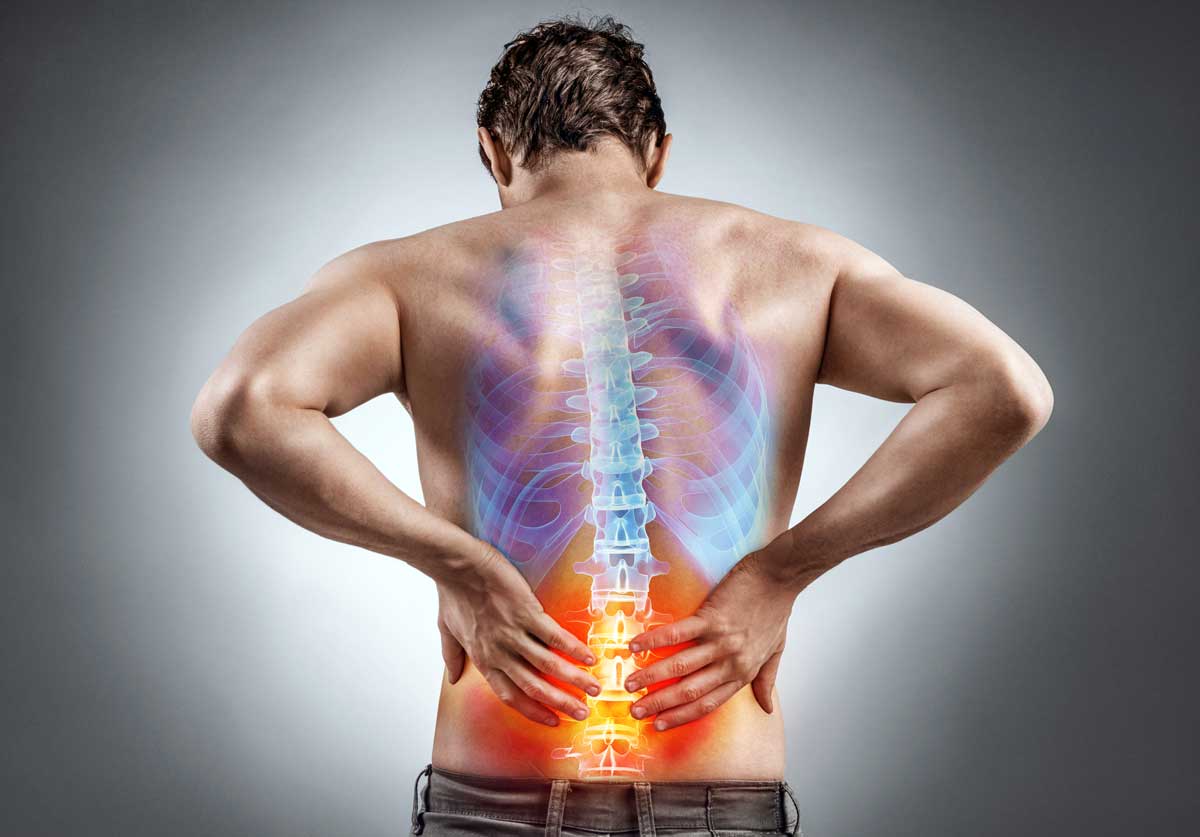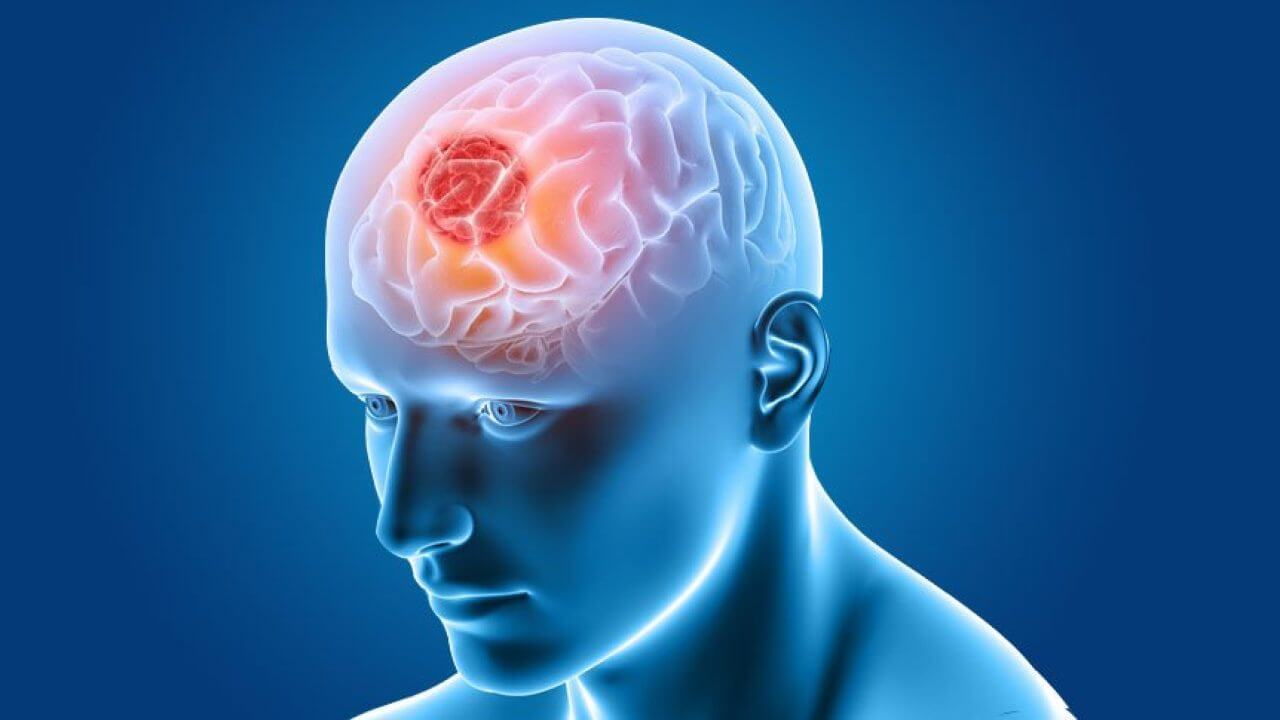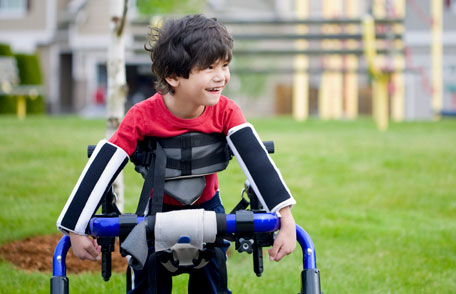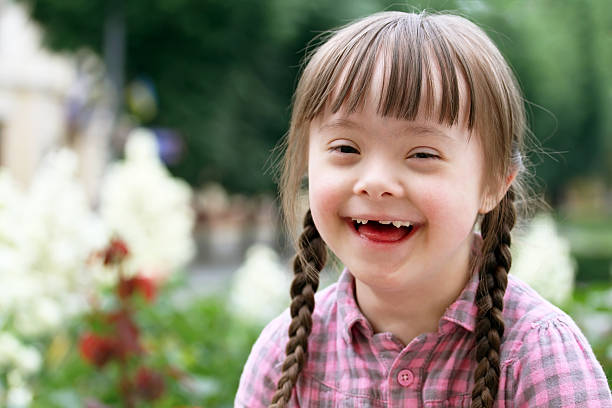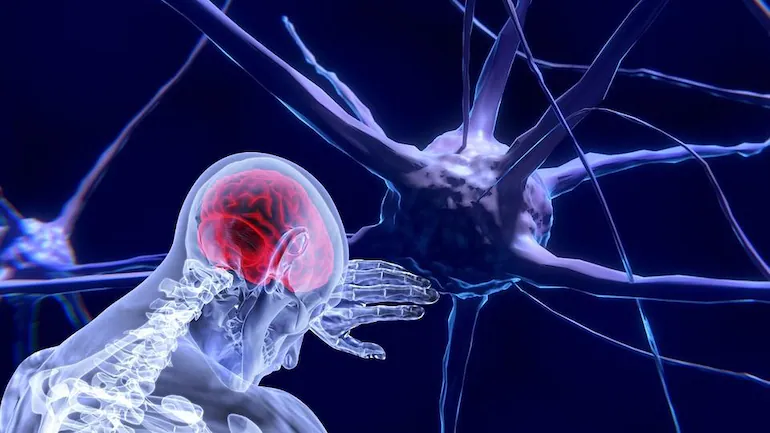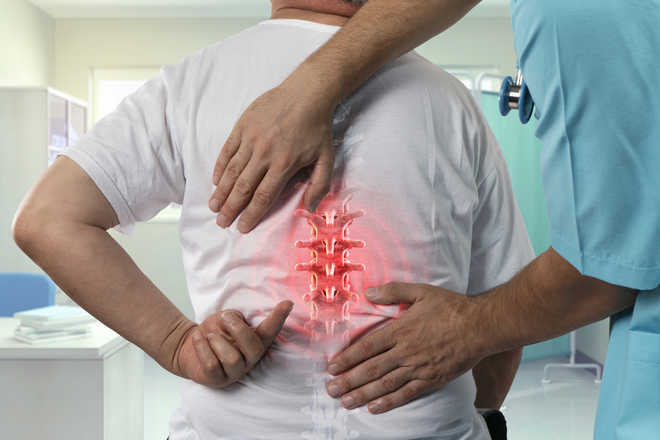
Type of Tuberculosis
There are two main types of tuberculosis infections:
- Pulmonary tuberculosis, which mainly involves your lungs. The infection can cause chest pain, trouble breathing, and lung problems.
- Extrapulmonary tuberculosis, when tuberculosis affects areas of the body other than your lungs. This is more often seen in people who have weakened immune systems because of HIV/AIDS.
Bone Tuberculosis
Bone tuberculosis affects your skeletal system, which consists of bones and joints. The most common type is spinal tuberculosis. This happens when the mycobacterium infection spreads into your spinal cord. Spinal tuberculosis is also called Pott’s disease.
This type of tuberculosis is more common in underdeveloped countries. It accounts for 2.2% to 4.7% of the total tuberculosis cases in Europe and the U.S.
Causes of Bone Tuberculosis
Skeletal tuberculosis is also caused by Mycobacterium tuberculosis. Unlike pulmonary tuberculosis, studies have shown that bone or spinal tuberculosis may not spread through the air. The infection can spread through your blood if you come in contact with an infected person’s body fluids or pus.
Skeletal tuberculosis can also be caused by pulmonary tuberculosis. Mycobacteria can easily spread from your lungs to your bones, spine, or joints through blood vessels. This can affect your long bones or spinal vertebrae.
This type of tuberculosis is rare and is typically seen most often in places with widespread AIDS infections. Bone tuberculosis affects people with AIDS because their immune system is weakened by the virus.
Some people who acquire Mycobacterium tuberculosisTrusted Source, the bacterium that causes TB, do not experience symptoms. This condition is known as latent TB. TB can stay dormant for years before developing into active TB disease.
Active TB typically causes many symptoms. While symptoms usually relate to the respiratory system, they could affect other parts of the body, depending on where the TB bacteria grow.
Symptoms caused by TB in the lungs include:
- cough lasting more than 3 weeks
- coughing up blood or sputum (phlegm)
- chest pain
General TB symptoms include:
- unexplained fatigue
- weakness
- fever
- chills
- night sweats
- appetite loss
- weight loss
Along with general symptoms, TB that spreads to other organs can also cause:
- blood in urine and loss of kidney function, if TB affects the kidneys
- back pain and stiffness, muscle spasms, and spinal irregularity if TB affects the spine
- nausea and vomiting, confusion, and loss of consciousness, if TB spreads to the brain
